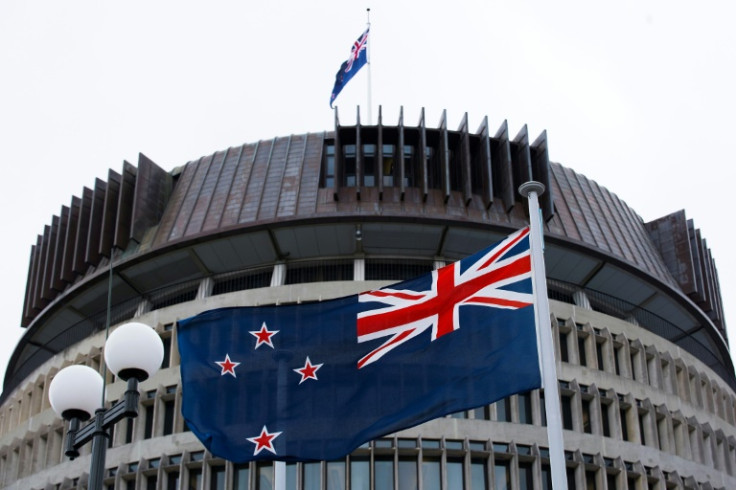TVNZ Cuts Jobs In Fresh Blow To New Zealand Media

New Zealand public broadcaster TVNZ said Thursday it plans to cut nearly 10 percent of its staff, a week after its free-to-air TV news rival said it was closing altogether.
The double blow led to calls for government action to protect the media industry, serving a population of just over five million.
TVNZ said it planned to axe 68 jobs from a staff of around 700 after posting an operating loss last week of NZ$4.6 million ($2.8 million) for the second half of 2023.
The broadcaster did not identify the jobs to be cut but said a final structure should be in place by early April after "consultations" with employees.
Tough economic conditions and structural challenges within the media sector hurt revenue, said TVNZ chief executive Jodi O'Donnell.
"We need to reduce the size of our team to bring our costs more in line with our revenue," she said in a statement.
"There are no easy answers," O'Donnell warned. "Media organisations locally and globally are grappling with the same issues."
Media outlets around the world are chasing audiences that have migrated in big numbers to major digital and social media players as their main source of news.
Last week, US entertainment giant Warner Bros Discovery said it planned to shutter New Zealand outlet Newshub in June, with a reported loss of about 300 jobs.
The government said at the time it would not intervene to save Newshub.
Newshub's demise would leave TVNZ with a virtual monopoly on the free-to-air news television market.
Prime Minister Christopher Luxon said the TVNZ job cuts were "incredibly unsettling" for those affected.
"The media environment is tough and challenging," Luxon told reporters in Wellington, stressing however that the "media play a very important role in our democracy".
Former prime minister Helen Clark said the latest cuts show it is "increasingly hard for free-to-air public broadcasters to survive commercially".
New Zealand should "bite (the) bullet" and accept public broadcasting needs to be publicly funded, Clark said in a post on X, citing Britain's BBC and Australia's ABC as examples.
"It's just another warning -- as if there haven't been enough -- that the government needs to do something if it believes a healthy democracy needs strong local journalism," said James Hollings, associate professor of journalism at Wellington's Massey University.
"Other democracies would not let their premier news media die," he told AFP.
The demise of Newshub and the TVNZ job cuts were "entirely predictable", Hollings said, blaming US media giants Google and Meta for "sucking up advertising and putting almost nothing back" into New Zealand media.
In Christchurch, Canterbury University media and communications professor Donald Matheson said the TVNZ cuts and the shuttering of Newshub were focusing attention on "a slow-drip crisis".
"The news is grim. We already have too few journalists and now we've got further cuts," he said.
Matheson said he worried there would be "less news holding local councils to account and less diversity" in political reporting.
"When people click on Google News, they'll see less and less about this country there."
Matheson urged government intervention after "a clear case of market failure".
"The case is stronger than it's ever been for the state to do what it does in the rest of the cultural sector and provide a base for our national conversations," he said.
© Copyright AFP 2024. All rights reserved.





















